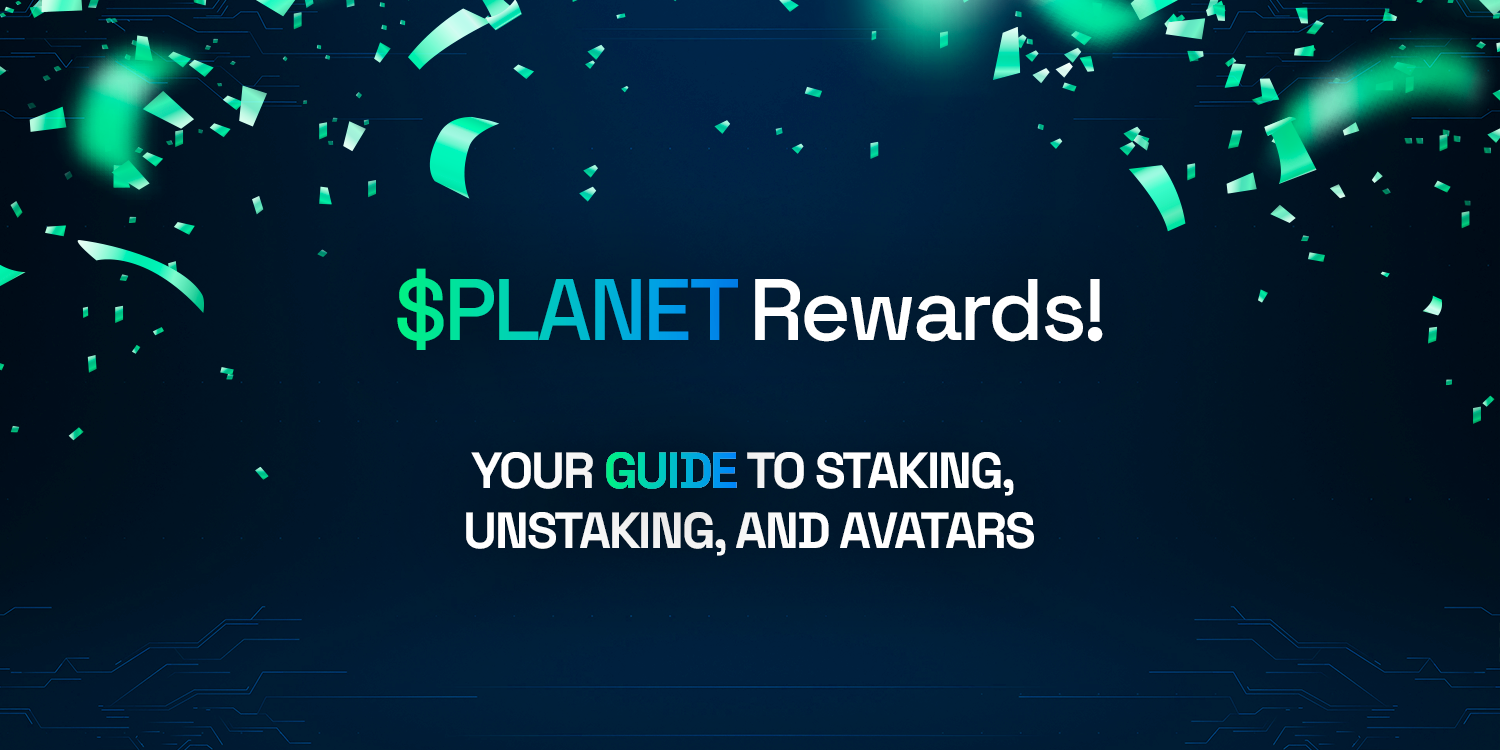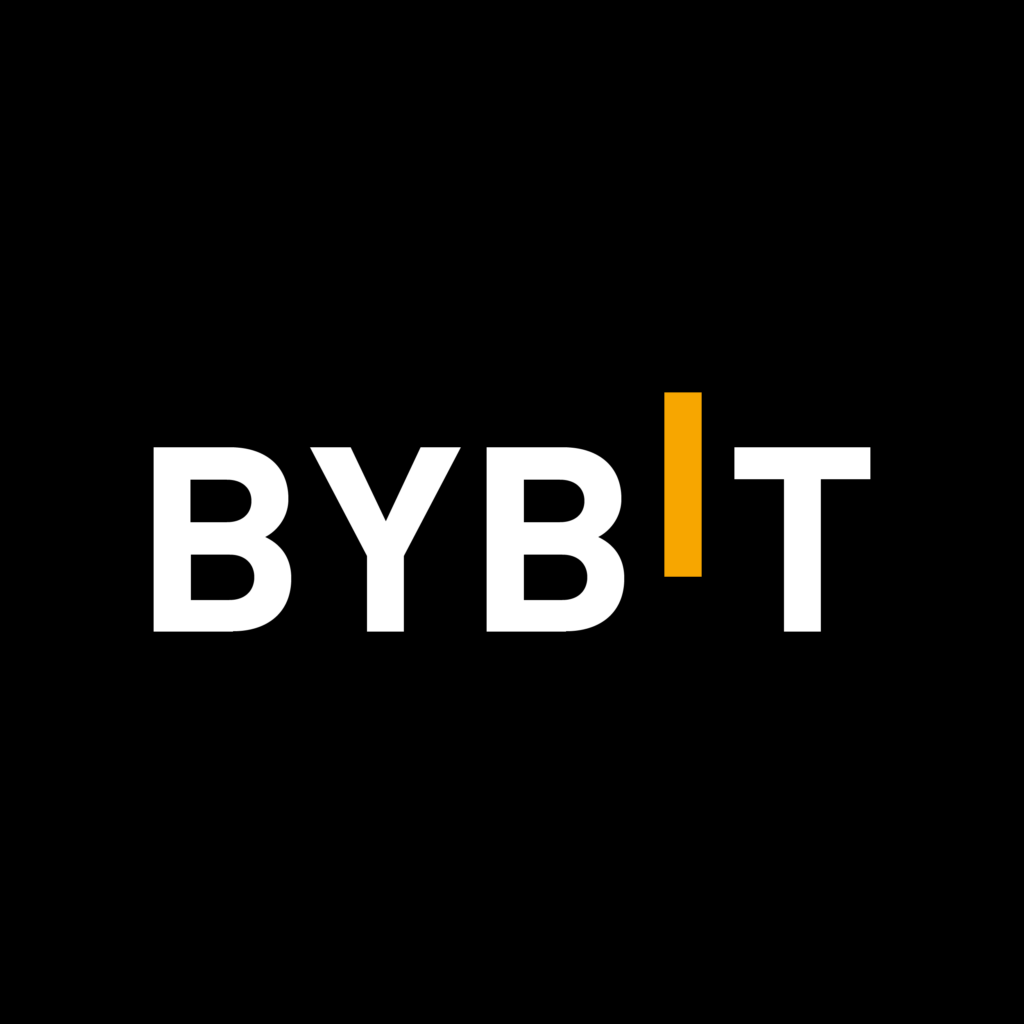Role Of Blockchain
Blockchain technology has been getting much attention recently, mainly because of its association with cryptocurrencies like Bitcoin. However, its true potential goes beyond just monetary matters.
One of the most exciting aspects role of blockchain is its ability to contribute to a socially responsible world.
Empowering Communities with Decentralization
Decentralisation, which eliminates the need for a single authority to oversee data management, is at the core and role of blockchain technology. Communities instead acquire more ownership and control over their information, assets, and decision-making procedures.
Eliminating intermediaries enables people to organise, work together, and start initiatives that solve certain social challenges. Decentralised applications (DApps), which provide open and cooperative communication, can help them do this.
Let’s say a community wants to create a crowdfunding platform to support local projects that address environmental issues. Thanks to blockchain’s decentralisation, they can develop a decentralised software (DApp) that enables community members to make direct financial contributions without the requirement for a conventional financial institution.
In this way, the community controls the platform, and the money goes straight to the causes that matter to them, avoiding intermediaries and potential corruption.
Tackling Corruption with Transparency
Numerous societies still struggle with severe corruption that stunts development and takes money away from vital social services. Blockchain’s immutable ledger offers a workaround, which gives openness and accountability. Because blockchain data is immutable and extremely hard to alter, it enables individuals to monitor government spending and resource allocation.
This degree of transparency can ensure that funds are distributed more effectively and get to the people who need them the most.
For example, in a developing country, millions of people are without proper identification, making it difficult for them to access education and healthcare. If a nonprofit organization implements a blockchain-based identification system, each individual is assigned a unique blockchain ID that stores essential information like their name, birthdate, and biometric data.
With this secure digital identity, they can now access government services, apply for educational programs, and access healthcare facilities that were previously out of reach.
Harnessing the Wide-ranging Social Impact
The potential of blockchain for social good is enormous and transformational, having favourable effects in several industries. We can address complex societal difficulties by utilising the technology’s advantages, such as trustless transactions, transparency, decentralisation, and efficiency.
Blockchain technology can improve voting procedures, solve environmental concerns, increase supply chain transparency, and ensure that content producers are paid fairly.
For example, suppose a fair-trade organization aims to improve transparency in the supply chain of coffee production by using role of blockchain technology. In that case, they can create a system that tracks the journey of coffee beans from farmers to consumers.
Every step, from harvesting to processing and shipping, is recorded on the role of blockchain. Consumers can then scan a QR code on the coffee package to access the complete supply chain history, ensuring that the coffee they buy is ethically sourced and the farmers receive fair compensation.
Blockchain provides enormous potential for creating a world that values social responsibility. Communities are given more influence by its decentralised structure, which also combats corruption and assures accountability. Thanks to blockchain-based identification systems, more individuals will have access to essential services and opportunities.
By embracing the role of blockchain potential for social good, we can create a future that is more equitable and viable for all members of society.
















